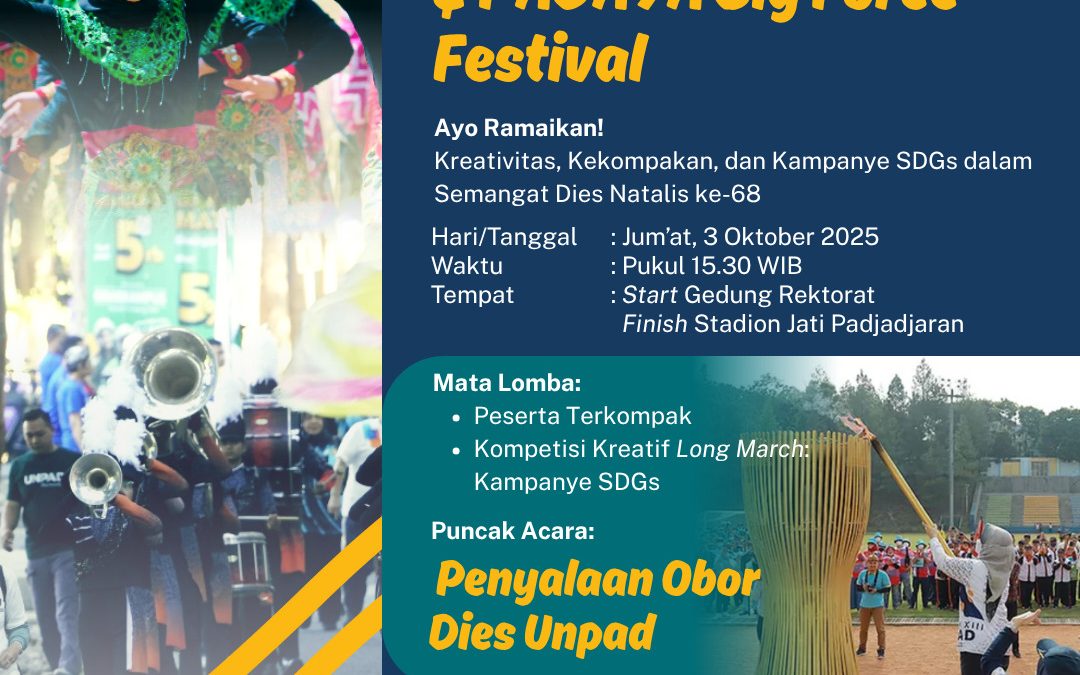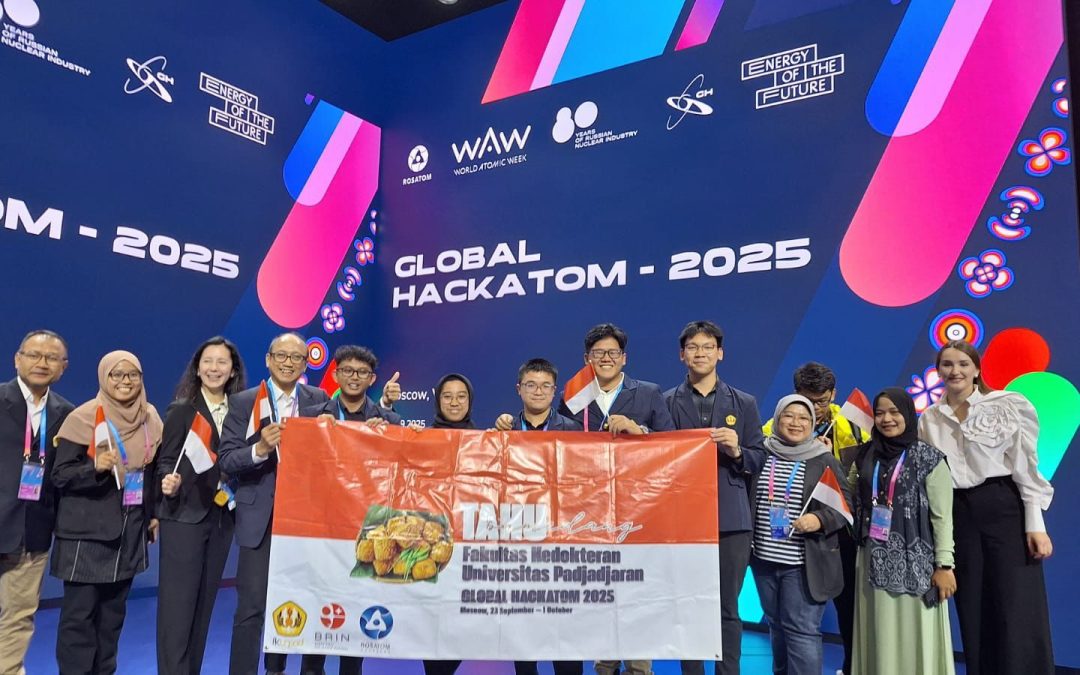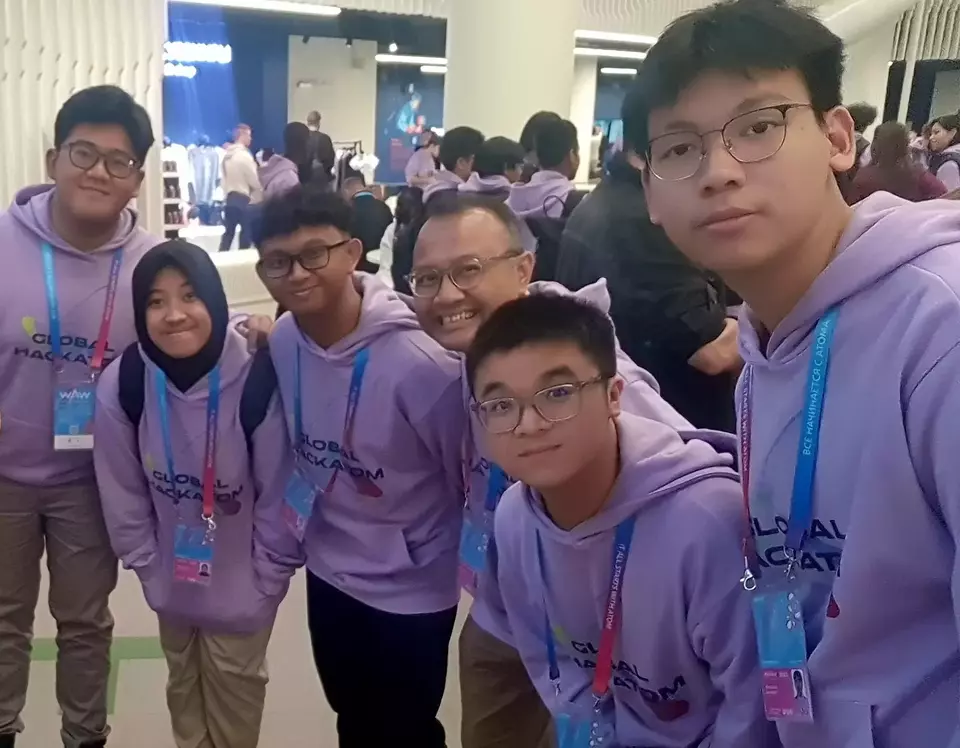
Saunpad: Kampus dalam Genggamanmu! Aplikasi Mobile Resmi Universitas Padjadjaran untuk Pengalaman Kampus yang Lebih Mudah dan Cepat
Mahasiswa, Dosen, Tenaga Kependidikan… saatnya upgrade pengalaman berkampusmu!
Lupakan antrian dan keribetan administrasi, karena kini Universitas Padjadjaran resmi meluncurkan Saunpad, aplikasi mobile yang menjadi kunci akses ke berbagai layanan kampus—semuanya hanya dalam satu genggaman.
Dengan semangat digitalisasi dan efisiensi, Saunpad hadir sebagai solusi cerdas untuk mempermudah aktivitas seluruh sivitas akademika Unpad. Melalui tampilan yang ramah pengguna dan fitur-fitur terintegrasi, aplikasi ini memastikan setiap kebutuhan kampus dapat diakses dengan cepat, akurat, dan transparan.
Berikut beberapa fitur unggulan yang bisa kamu nikmati di Saunpad:
-
📍 Presensi Kilat: Check-in kuliah atau kerja kini jadi super cepat dan akurat. Tidak ada lagi drama absen tercecer!
-
👤 Akses Profil Instan: Cek data dan profil pribadimu kapan saja, di mana saja.
-
🎓 Pantauan Capaian Studi: Mahasiswa bisa memantau progres nilai dan memastikan tetap berada di jalur akademik yang benar.
-
💳 Cek Tagihan & Her-registrasi: Lihat status pembayaran dan proses her-registrasi dengan mudah tanpa perlu antre atau bingung.
Dan kabar baiknya—ini baru permulaan!
Saunpad akan terus dikembangkan dengan berbagai fitur menarik lainnya untuk mendukung kehidupan kampus yang lebih efisien, transparan, dan modern.
✨ Dengan Saunpad, semua informasi, layanan, dan aktivitas kampus ada di ujung jari.
Tunggu apa lagi? Unduh sekarang di Play Store dan App Store, dan rasakan pengalaman baru:
Kampus dalam genggamanmu!






